Center Liver Transplant Program





Since the inception of our liver transplant program in 1985, more than 2,500 adult and pediatric liver transplants have been performed at University of Medicine Health. Our transplant teams have performed “split” liver transplants for adult and pediatric recipients using deceased donors’ organs since 1990 and living donor liver transplants since 1996. Our program has particular expertise in the management of patients with acute liver failure, liver cancer, substance use disorders and viral hepatitis both prior to and following liver transplantation.

In recent years, our liver transplant program has developed particular expertise and interest in transplanting older individuals, and patients with emerging liver diseases such as nonalcoholic fatty liver disease as well as rare metabolic conditions and cancers. Our program is among a small number of centers with expertise in the use of machine perfusion to improve the preservation and function of deceased donor livers for transplant.
Transplantation allows many patients with debilitating liver disease to return to happy, productive lives. In fact, liver transplantation has been so successful that the need for livers has exceeded the supply of available donor organs for more than 20 years. In addition, the number of patients that develop liver failure and liver cancer in our country is increasing each year. Alternatives to transplantation such as bio-artificial liver devices and stem cells are continually being explored. However, liver transplantation remains the only established means to treat severe, irreversible liver failure and certain liver cancers.
Patients transplanted at U-M Health are jointly managed by dedicated transplant surgeons and medical liver specialists called “transplant hepatologists” in conjunction with their support staff. All members of the team including nurses, coordinators, pharmacists and social workers have advanced training and expertise in liver disease and liver transplantation. Liver transplant candidates and recipients are assigned to an individual nurse/ physician team who oversee the medical care provided in our outpatient clinics. The transplant team interacts daily with physicians and staff members in Pathology, Radiology, Infectious Disease, Nephrology, Cardiology and other subspecialty services to provide expert, timely and coordinated care for each of our patients.
Our center offers many unique treatment options for patients with liver disease. We have performed adult to child living donor liver transplantation since 1996 and reduced size liver transplantation (“splits”) since 1990. We currently consider living donor liver transplantation for all children and adults on our waiting list.
Our physicians have particular expertise in the use of direct acting oral antiviral agents for patients with both chronic hepatitis B and C.
In addition, we have a team of dedicated transplant psychiatrists and psychologists to help treat our patients with underlying substance use disorders or mood disturbances both pre and post-transplant. Furthermore, our faculty regularly participates in clinical trials of the next generation of immunosuppressants to provide our patients access to the most promising and effective therapies.
For patients with primary liver cancer, our Multidis ciplinary Liver Tumor Clinic, directed by Dr. Neehar Parikh, provides the most innovative and comprehen sive care available to liver tumor patients. Our expert team offers multiple therapies catered to the individual patient needs and preference, including:
• Percutaneous and intraoperative radiofrequency and microwave ablation (electrical energy delivered by a thin needle through the skin heats and destroys the tumor)
• Chemoembolization and radioembolization (chemo therapy or radiation coated beads injected directly into the blood vessels feeding cancerous tumor)
• Surgical resection, including laparoscopic liver surgery
• Liver transplantation
• Chemotherapy, including clinical trials of novel drugs targeting liver cancer
For patients with complications of cirrhosis including internal bleeding or ascites, a transjugular intrahepatic portosystemic shunt (TIPS) device can be placed to treat the immediate problem and serve as a bridge to transplantation. For patients with complex portal hypertension, such as portal vein thrombosis, our portal hypertension group offers treatment options which include complex radiologic procedures and surgical therapy.

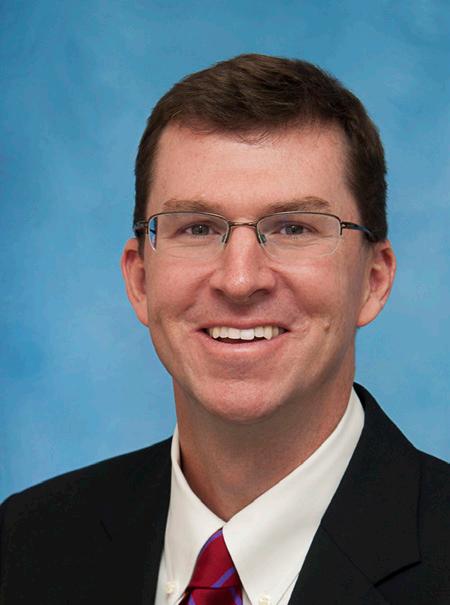 BARRETT ENGLESBE
BARRETT ENGLESBE
U-M Health’s Pediatric Liver Transplant Program is dedicated to the evaluation and care of children with liver diseases that require transplantation. Examples of these diseases include inborn errors of metabolism (argininosuccinic aciduria and tyrosinemia), autoimmune hepatitis, and biliary atresia.
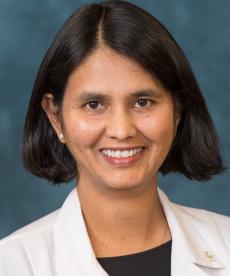
The pediatric liver transplant program is led by the surgical director and medical director who coordinate the care of all the pediatric patients with a team that includes transplant nurses, transplant social workers, a transplant dietitian, and a transplant psychologist. The program is part of a combined adult and pediatric liver transplant program and, thus, benefits from the expertise of the adult hepatology and the adult transplant programs.
As the leading pediatric transplant center in the state of Michigan, we feel an obligation to offer the best possible care to every child in the state who has serious liver disease and requires a liver transplant. However, we also evaluate and transplant patients from outside the state of Michigan. Our program offers whole organ deceased donor transplants, split organ transplants, and living donor transplants to pediatric patients. A full range of pediatric subspecialties and services are available to both inpatients and outpatients before and after transplantation. All pediatric patients who require hospitalization will receive their care at Michigan Medicine C. S. Mott Children’s Hospital, ranked among the top children’s hospitals in the nation.
SONNENDAYAlthough significant emphasis in transplantation has been on survival, the great success of liver transplantation has allowed us to shift more of our focus to the issue of quality of life following transplantation through research to continually improve patient outcomes. We currently participate in national studies of pediatric liver transplantation and acute liver failure. We are currently studying factors which predict quality of life, medication adherence, and successful transition to adult medical care with the goal of improving long-term outcomes for all pediatric recipients of liver transplants.
Some children, with and without liver disease, can have severe portal hypertension, leading to gastrointestinal bleeding, an enlarged spleen, low blood counts and ascites. To meet the needs of these children, we have a multidisciplinary pediatric portal hypertension clinic. A team of pediatric liver doctors, surgeons, radiologists and nurses review each patient as a group to develop a comprehensive treatment plan. The goals of our group include minimizing the complications of portal hypertension and optimizing each child’s well-being.



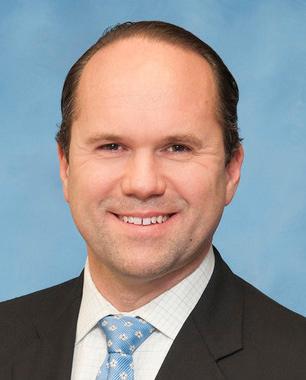
M. James Lopez, M.D., PhD
For more than 25 years, University of Michigan Health has been performing living donor liver trans plants. In fact, our center was part of a landmark study responsible for establishing the safety of this procedure in the United States.
With a dedicated team of leading experts, we are one of two centers in the state of Michigan offering living donor liver transplantation.

While living donor transplants currently make up approximately 7% of liver transplants nationwide, at U-M Health, that number is nearly 10%. As demand for donated livers far exceeds supply, we have the capacity and expertise to perform many more living donor liver transplants. The majority of patients in need of a liver transplant are eligible to receive a liv ing donor liver transplant, which offers a faster path to transplant that waiting for a deceased donor liver.
• Living donors tend to donate healthier livers than the average organ donated by a deceased donor.
• A liver from a living donor is an alternative to the organ waiting list, and a faster path to transplant, putting the patient in a better position for quicker recovery and long-term survival.
• Extensive prescreening and preparation precede a living donor transplant, ensuring the best possible liver from the healthiest possible donor.
• The long-term outcomes of living donor liver transplantation are as good or better than those of traditional liver transplantation, with minimal health risks to the donor.
• Donors should expect recover fully and most are back to their normal activities within 3-6 weeks.
• All costs of evaluation, surgery and complications are paid for by Michigan Medicine and the transplant recipient’s health insurance provider and all complications related to living donation are covered for a donor’s lifetime.
Our multidisciplinary medical, surgical, psychological and social work team meets regularly to discuss living donor candidates and uses a highly discriminating evaluation process that includes:
• Testing for liver function, infection, general health and inherited diseases.
• A liver MRI to ensure appropriate liver size and anatomy.
• Comprehensive evaluation by an independent team of physicians, psychologists, and social workers to ensure donation is safe for the donor.
For patients in need of a liver transplant, our team provides education to aid patients and caregivers in the search for a suitable living donor — a program which is unique to Michigan Medicine. With the majority of patients on our liver transplant waiting list eligible to receive a living donor liver transplant, our team is committed to guiding and supporting them in the process of identifying a living donor. By helping them take on the role of health care advocate, patients and their caregivers can gain a sense of control over the transplant process.
View our Living Donor Liver Transplant video at www.UofMHealth.org/ldlt

The Hepatology Program at University of Michigan Health is one of the largest and most well-established programs in the country with 16 full time faculty, including 10 transplant hepatologists. We specialize in the diagnosis and management of drug induced liver injury, hepatitis B and C, autoimmune liver disease, primary biliary cirrhosis, primary sclerosing cholangitis, non-alcoholic fatty liver disease, Wilson disease, alcoholic liver disease, hepatocellular carcinoma (liver cancer), liver transplantation, and complications of portal hypertension.
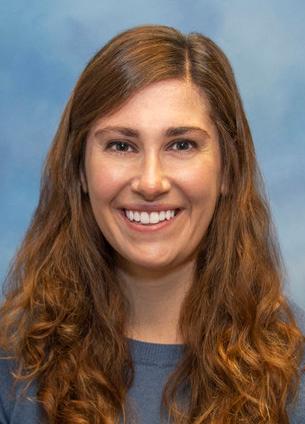


Our mission is to provide state-of-the-art, innovative, and compassionate care to patients affected by liver diseases through general hepatology, viral hepatitis, Wilson disease, liver tumor, fatty liver and liver trans plantation clinics. As part of this mission, we provide multidisciplinary care so patients can be evaluated by physicians and allied providers from other related disci plines during a single visit. In addition, we are actively engaged in clinical research including novel therapies, improved diagnostic modalities, and better biomarkers and predictors of outcome. All patients seen in any of our hepatology clinics who are potential candidates for new therapies and other research protocols are referred for participation in clinical trials.




Michigan Medicine has come together with MidMichigan Health in Midland and University of Michigan Health - West in Grand Rapids to offer expert consultation services to patients from central, northern and western Michigan with advanced or complex liver disease. Staffed by board-certified hepatologists from Michigan Medicine and located on the campuses of each health system, the goal of the Advanced Hepatology Clinic is to provide patients and referring physicians with timely consultations conveniently located close to home.
MidMichigan Health Campus Ridge Building 4401 Campus Ridge Dr., Ste. 1100 Midland, Michigan 48640
Michigan Medicine Brighton Center for Specialty Care 7500 Challis Road Brighton, MI 48116
Michigan Medicine Canton Health Center 1051 N. Canton Center Road Canton, MI 48187
Michigan Medicine Northville Health Center 39901 Traditions Drive, Suite 210 Northville, MI 48168
University of Michigan Health - West 2093 Health Drive SW Wyoming, MI 49519
Determining if you are a candidate for any organ transplant requires a comprehensive evaluation, beginning with a medical record review, and the process often includes additional medical testing. Our transplant team can help you determine whether you are a transplant or donor candidate. If you think you may need a transplant or you may qualify as a living donor, we want to talk to you. Our Liver Transplant Evaluation Clinics are offered in Ann Arbor.
1500 E. Medical Center Drive Floor 1, Reception G Ann Arbor, MI 48109
1540 E. Hospital Drive Floor 8, Reception B Ann Arbor, MI 48109
SHARMA
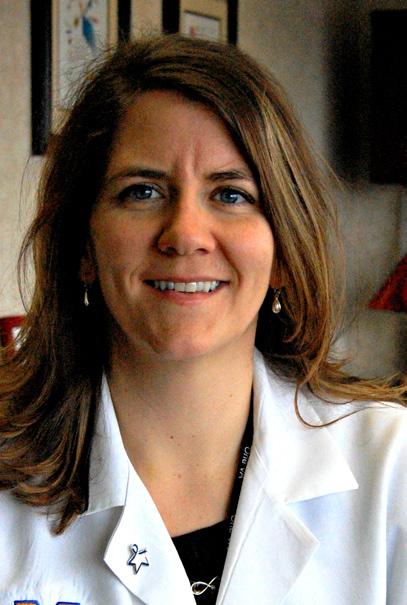




The Multidisciplinary Liver Tumor Clinic, is held on Tuesdays and Fridays at the U-M Rogel Cancer Center. The clinic uses a multidisciplinary, or teambased, approach to caring for patients with hepatic malignancies primary or metastatic. The clinic includes hepatobiliary surgeons, hepatologists, medical and radiation oncologists, and interventional radiologists. This unique program combines the expertise of various departments with an excellent liver transplant program and our NIH designated U-M Rogel Cancer Center.
U-M Rogel Cancer Center
1500 East Medical Center Drive Floor B1, Reception E Ann Arbor, MI 48109-5912



The U-M Health Provider Portal is a secure web-based application for referring providers and their staff to access their patients’ medical information. The Provider Portal will provide read-only access to the patient’s medical record in real-time. The homepage also summarizes notifications so that providers have information at a glance, and an In-basket allows Michigan Medicine to send notes, letters and results directly to the provider. There is no cost to referring providers to use the Provider Portal.
Information available to view includes:
•
• Admission notifications
• Emergency Department notes
• Laboratory and radiological test results
• Physician/Clinic letters
• OR notes
• Progress notes
• Medication lists
• Problem lists
Allergies
There are three easy ways to learn more about the Michigan Medicine Provider Portal and enroll your practice.
• Visit www.UofMHealth.org/providerportal to download a User and Site Agreement form.
• Email your request to Providerportal@med.umich.edu. Please state your name, practice name, office address, phone number and your administrative contact.
• Call M-LINE at 800-962-3555 and a customer service representative will assist you.
www.UofMHealth.org/providerportal

Executive Officers of Michigan Medicine: Marschall S. Runge, M.D., Ph.D., Executive Vice President for Medical Affairs, Dean; Steven L. Kunkel, Ph.D., Executive Vice Dean for Research; David C Miller, M.D., M.P.H., Executive Vice Dean for Clinical Affairs; Debra F. Weinstein, M.D., Executive Vice Dean for Academic Affairs
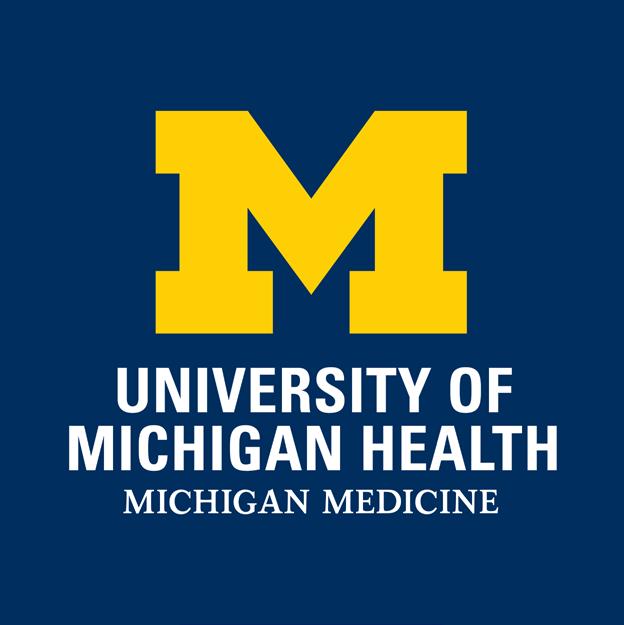
Regents of the University of Michigan: Jordan B. Acker, Michael J. Behm, Mark J. Bernstein, Paul W. Brown, Sarah Hubbard, Denise Ilitch, Ron Weiser, Katherine E. White, Mary Sue Coleman (ex officio)
© 2022 Regents of the University of Michigan